In Andrea Lawlor's novel, Paul Takes the Form of a Mortal Girl, the protagonist fucks his way through New York City, Provincetown, the Midwest, and San Francisco -- while shape-shifting through "all the genders" and sexualities, morphing his body into whatever physical representation magnetically draws the needle of whomever he wants to attract at that moment.
At times, Paul becomes a boy, a girl, and both. For him, gender, sexual orientation, and even physical sexual characteristics are malleable and can be changed on a (typically, sexual) whim.
The narrative offers several fables about how Paul may have obtained his transformative ability, but as Lawlor explains, Paul does not interrogate his abilities or identities. He's "not concerned with either figuring out the quote-unquote truth about his sexuality or adopting a narrative about it. And that allows Paul -- and me, in creating him -- a certain kind of liberty. In real life, it seems like we're often forced to rely on those narratives to negotiate a hostile social context," says the author.
Lawlor, who teaches writing at Mount Holyoke College, Hadley, Mass., and uses they/them pronouns, shares some of Paul's mercurialness around identity. Their own identity?
"Transmasculine? Definitely queer. Trans-ish. I'm more of a descriptivist than a prescriptivist when it comes to language around gender and sexuality, so I tend to wait around until other people create the language that works and use that until it stops working. My identity is both complicated and also something I hold lightly."
Mortal Girl is set in the early 1990s, at the height of the AIDS epidemic, when stigma and shame swirled around queer men having--and enjoying--sex. It's almost revolutionary, then, that Paul exudes such joyful sexuality in the face of death, fear, and shame.
"I don't think I sat down and thought, 'OK, I'm going to make sexuality joyful here to fly in the face of homophobia and transphobia and everything,'" Lawlor says now, "But insisting on joy and pleasure has been revolutionary, and urgently necessary, in the culture that formed me." They point, for example, to the iconic Gran Fury HIV awareness bus ad [sampleded below] that read, "Kissing doesn't kill. Greed and indifference do."
It's just natural, Lawlor says, that Mortal Girl, "reflects that culture and those values."
As a member of ACT UP, Lawlor acknowledges being impacted by the HIV epidemic, the loss of many friends, and the uncaring straight world of that period. "Didn't it have a huge impact on all of us?" they ask rhetorically. "I find it hard to convey that to younger queers. I spoke about this with Mattilda Bernstein Sycamore, whose recent novel Sketchtasy is set in Boston's gay club scene in 1995. She talks about coming of age and coming into queer sexuality at that time as a trauma for queer kids, which I think is exactly right. But also, I'll say this: coming into queer public life via ACT UP, Queer Nation, and the Pink Panthers, I learned formative lessons about solidarity, coalitional politics, sex-positivity, and the radical potentials of art and humor."
Mortal Girl immerses readers in a LGBTQ-centric world of Queer Nation protests, Michigan Womyn's Music Festivals, queer punk scenes, and bourgeoning gender theory conversations in the halls of academia. "I wanted to write something that would seem familiar to the people who were there then," Lawlor says of the period they lived through and also heavily researched. But, despite sharing many experiences with the novel's protagonist, they insist, "You know, as much as I like to say that the book is 'thinly veiled autobiography,' at the end of the day, I'm not Paul and Paul is not me."
Lawlor was drawn to write fiction -- rather than say historical nonfiction, gender theory, or memoir -- primarily because "I love to read fiction, and that's the conversation I want to be in. I appreciate the leeway fiction allows, the leeway to be messy and unreasonable. I'm very glad people theorize about gender and sexuality -- that has made so much possible for all of us, I think -- and I'm also glad to know that I don't have to do that theorizing."
Last year, The New York Times interviewed Lawlor for a piece about transgender literature, exposure they're grateful for, but they're not sure that such a category of literature actually exists. Still they say, "I am happy to have my work described as trans, as long as it is permanently unclear what that means--to borrow from [gender theorist] Judith Butler. The one thing I don't want to do is become an expert or a pundit or a representative of anything other than 'somewhat disheveled novelists.' In the Queer & Trans Writing course I teach... we read lots of examples of what I think of as queer and trans modes of writing, and we look for what we can learn from these modes, for our own writing."
Mortal Girl became a finalist for a Lambda Literary Award when it was originally published by Rescue Press in 2017, before being reprinted this spring by Vintage/Knopf. Now the burning question is, will there be a sequel? Lawlor offers a tantalizing if cryptic answer: "I will say only that I have considered the question of where Paul and his friends would be in 2019."

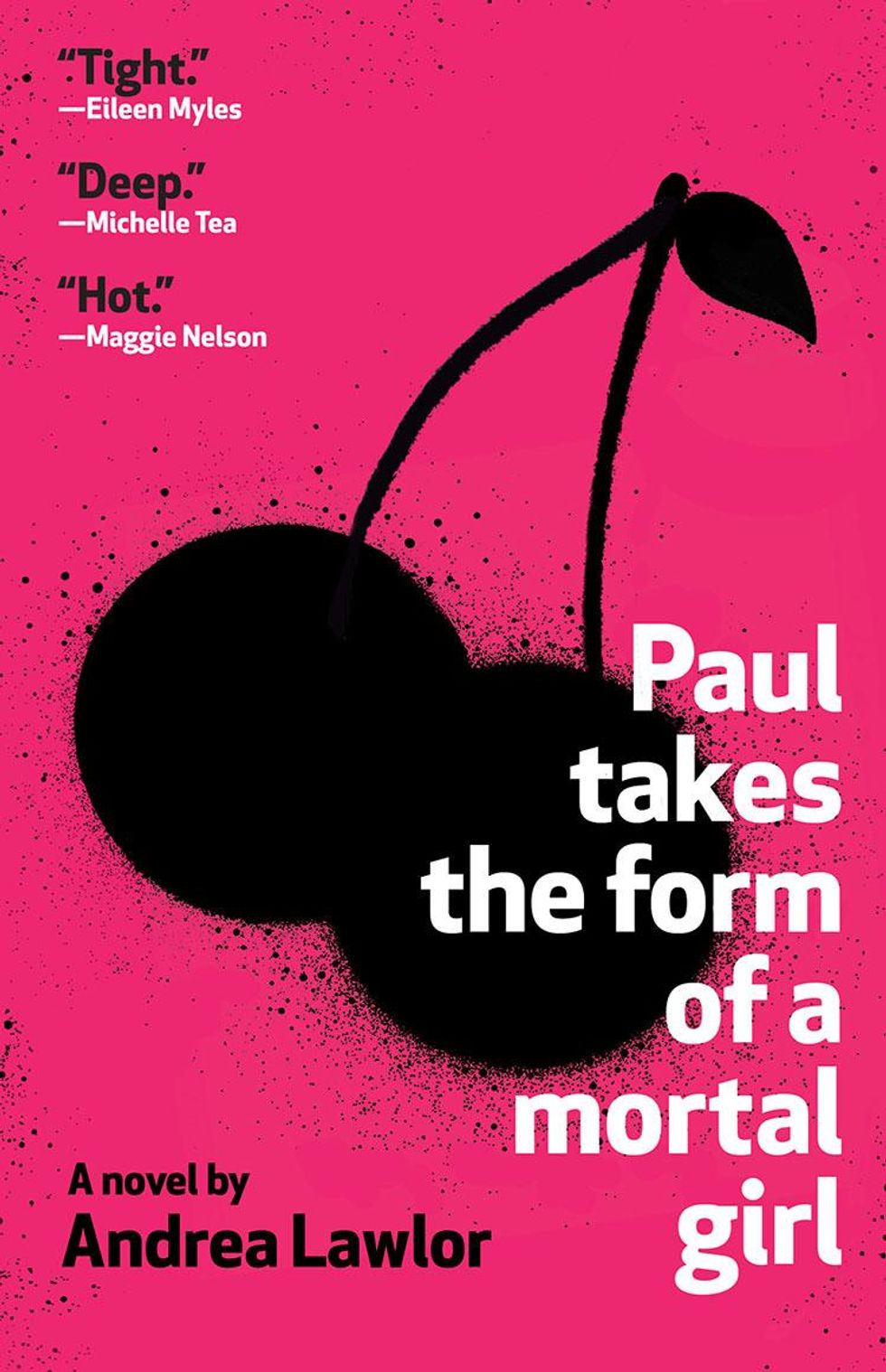
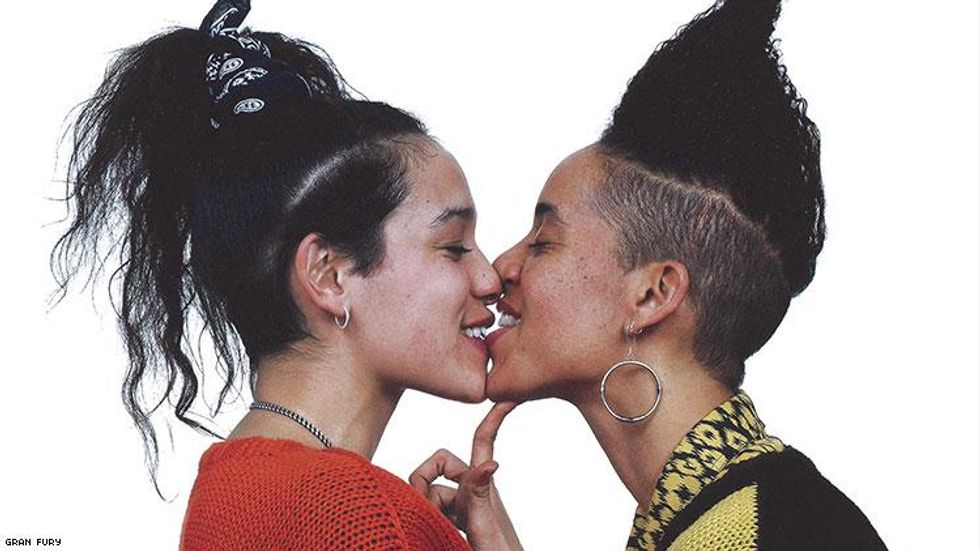
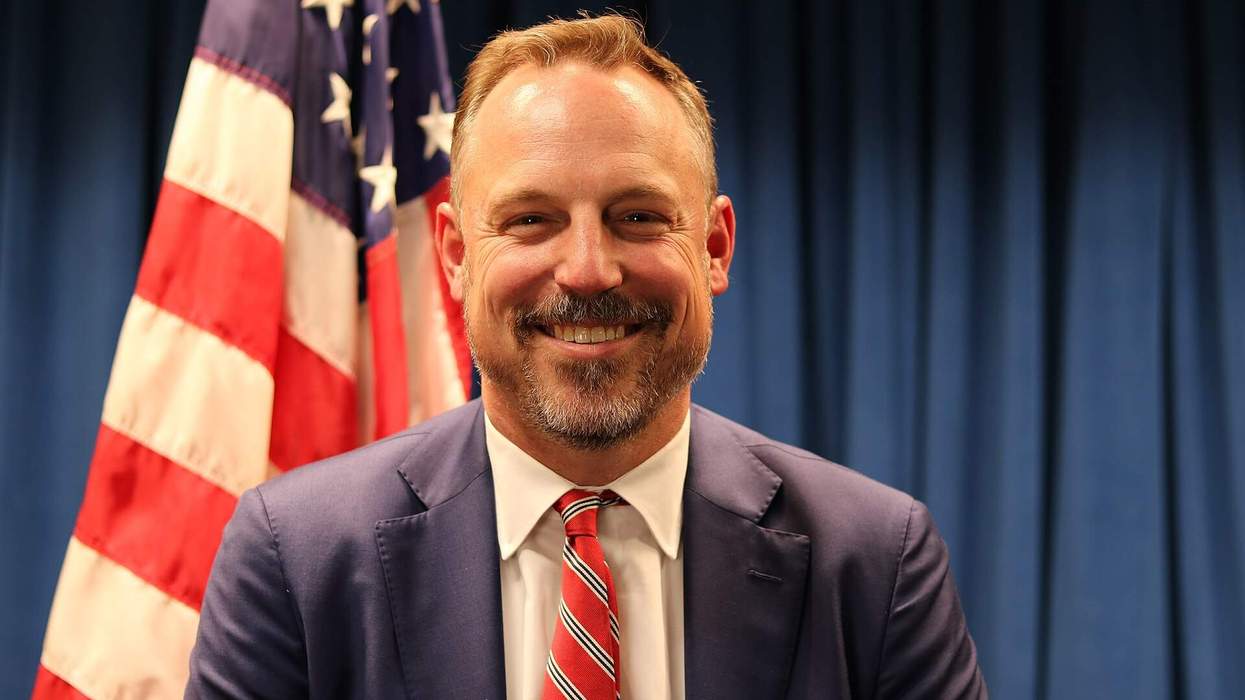




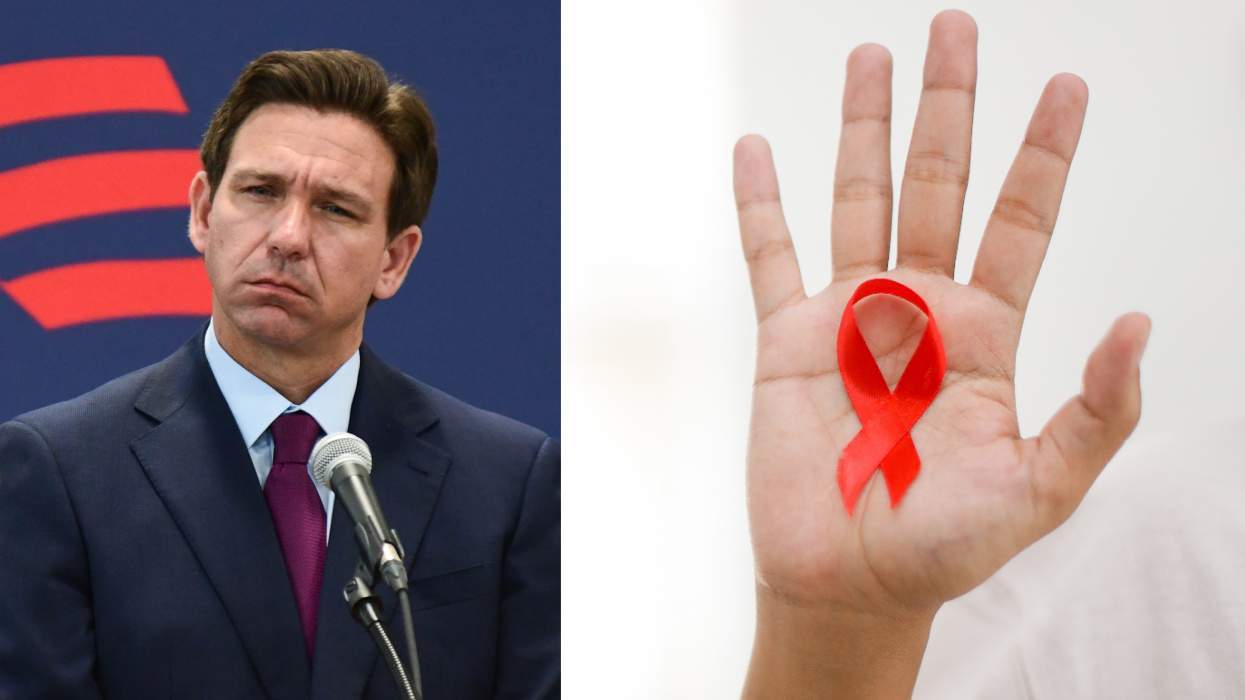
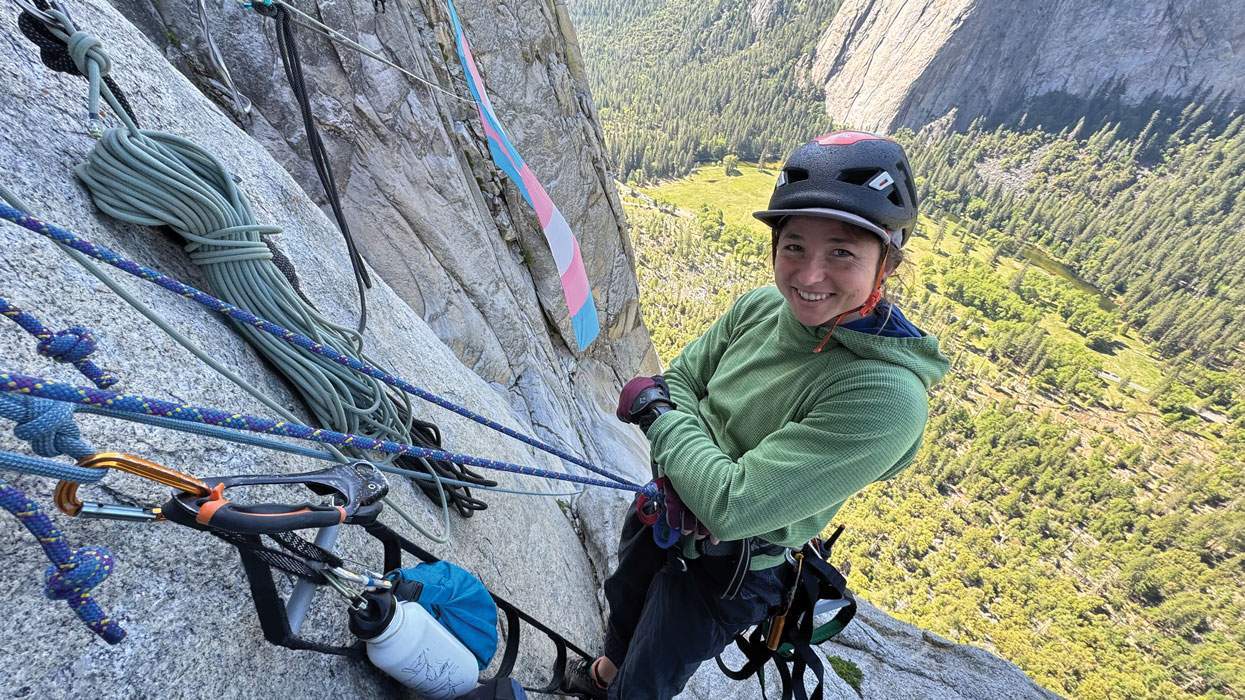
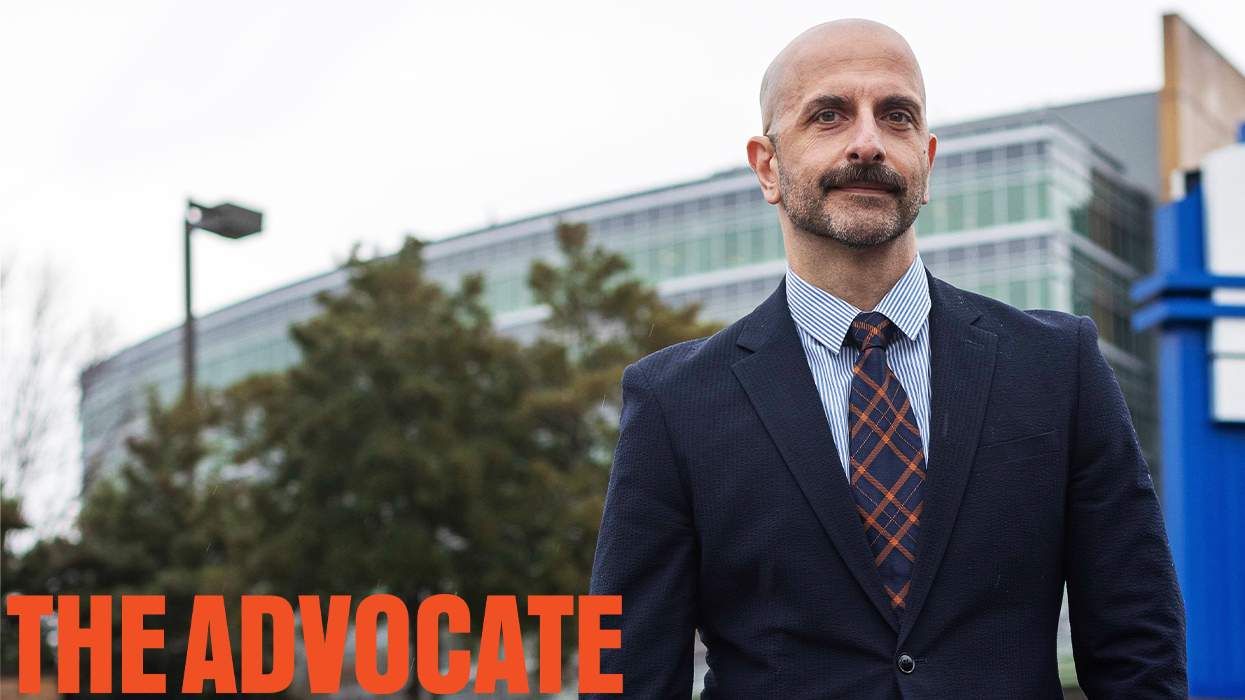






Charlie Kirk DID say stoning gay people was the 'perfect law' — and these other heinous quotes
These are some of his worst comments about LGBTQ+ people made by Charlie Kirk.